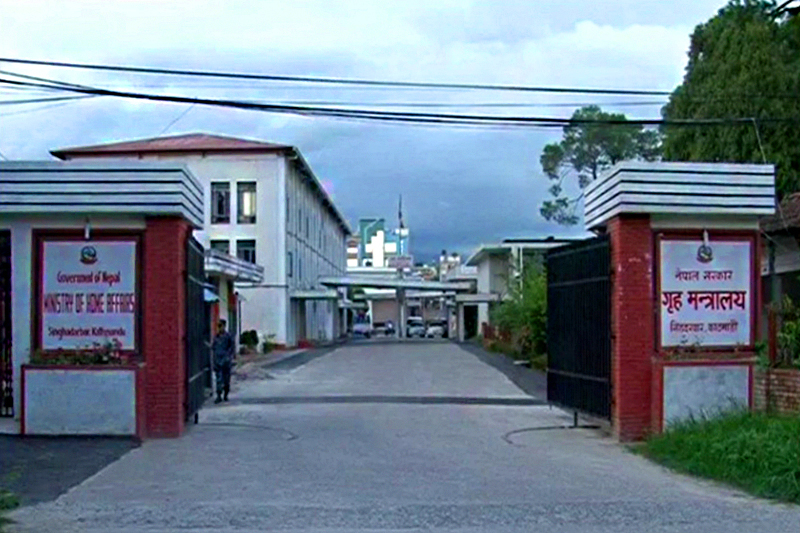Government urged to improve state of jails
Kathmandu, April 14
The 56th annual report (2018-19) of the Office of the Auditor General has painted a bleak picture of the implementation status of the government’s prison reform plan.
The Home Administration Reform Roadmap-2017, unveiled by the Ministry of Home Affairs had assured that daily allowance for prisoners and inmates, including minors and lactating mothers, would be adjusted in line with the inflation rate through amendment of Prison Regulations. The roadmap also mentioned that eligible prisoners would be engaged in prison work and that health post and sub-health post facilities would be established in prisons on the basis of number of inmates.
Similarly, the action plan had mooted installation of CCTV cameras and 24 hours power supply to strengthen prison security.
The Central Jail, Dillibazar Prison, Nakhu Jail, Jhapa District Prison, Morang District Prison, Makawanpur District Prison, Chitwan District Prison, Kaski District Prison, Rupandehi District Prison, Nawalparasi District Prison, Kapilvastu District Prison and Banke District Prison were equipped with surveillance cameras.
The OAG report said the action plan was not duly implemented except for increment in the daily allowance of jailbirds to Rs 60 from the previous Rs 45 and installation of CCTVs only in 15 district prisons.
“The government did not do the needful to implement the concept of ‘open prison’ for want of procedures,” said the report. An open prison is a penal establishment where prisoners, who have served at least half their jail term and demonstrated high moral conduct, are trusted to do their remaining time under minimal supervision. It aims to ease the pressure of jailbirds in crowded prisons of the country and to turn prisons into correction centres.
Earlier, the Department of Prison Management had informed that it was working on a draft of the procedure related to engaging prisoners in work. According to Section 31 of the Criminal Code Act, a prison may engage jailbirds in public work as per his/her wish. Any prisoner, who has been imprisoned for a term of three years or above, attained the age of at least 18 years and is physically healthy, may be engaged in work. “One day shall be reduced from the total jail sentence for three days of work,” states the act.
Anyone convicted of murder, rape, human trafficking, possession of arms and ammunition, corruption, robbery, wildlife crime, drug smuggling and theft of ancient monuments, among others, will not be eligible to be employed in public service.
The OAG report warned that all 74 prisons with total capacity of up to 11,700 persons were cramped with over 19,000 inmates due to little progress in infrastructure reforms.
The prisoners have also been deprived of basic amenities, sanitation, room space, quality food and regular health check-ups to ensure that they are treated humanely. It is also true that most of the prison cells are in dilapidated condition.






